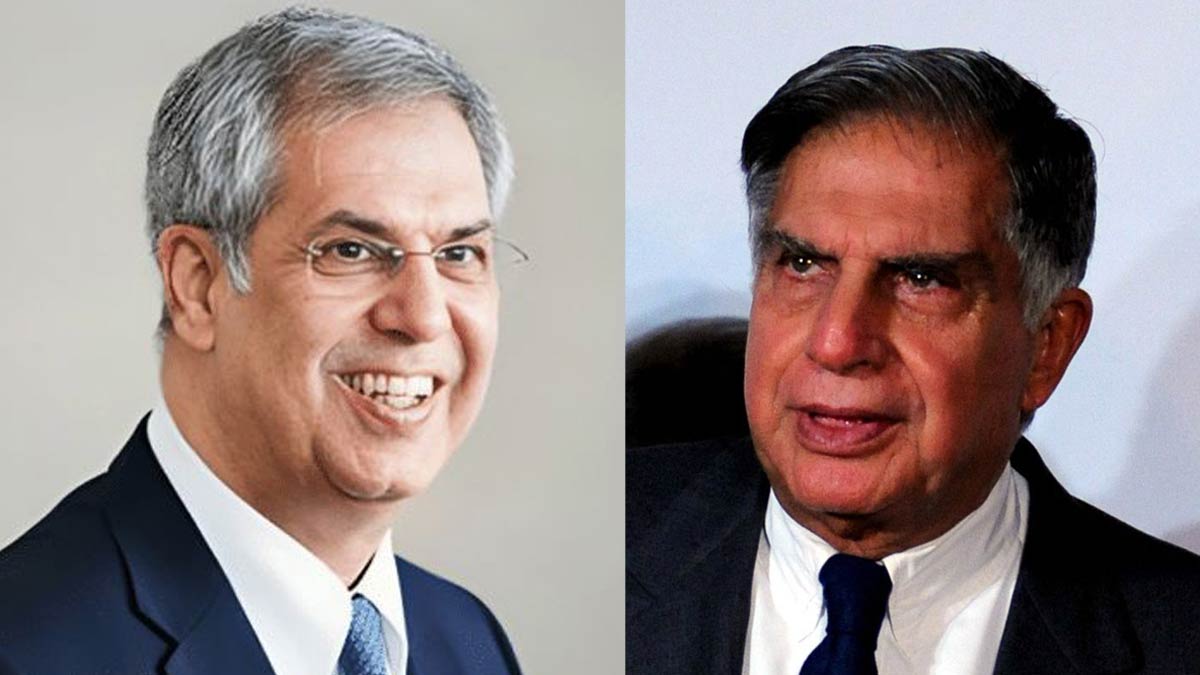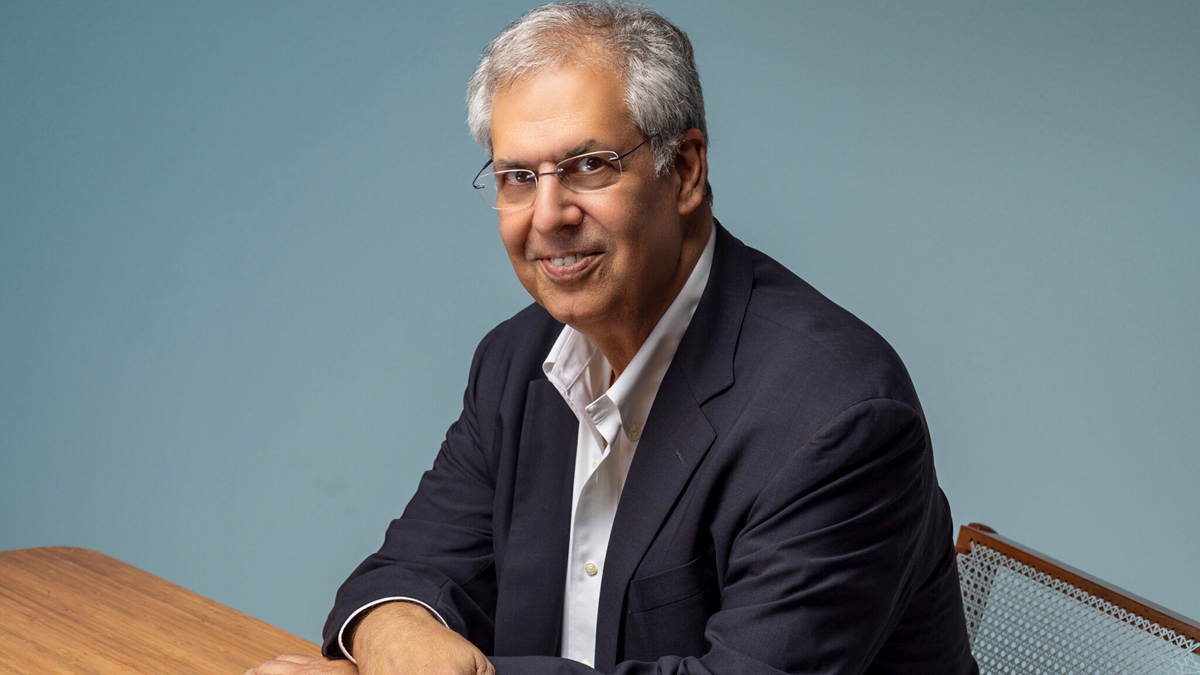When EcoNaviSta listed on Tokyo’s all-new Growth Market last year, shares in the artificial intelligence-powered big data sleep analysis healthcare start-up zinged nicely higher. Then it started to wobble. Then it began a slide that would destroy 60 per cent of its market value.
Today, the company lolls in a broad pasture inhabited by one of Japan’s most intriguing industrial species: a large, whimpering herd of “punycorns”.
The evolution and proliferation of this creature — the stunted, staid stablemate of the unicorn — says a great deal about how Japan approaches risk, ambition and innovation 35 years after its bubble-era heyday. As the post-deflation need for growth becomes ever more unforgiving, the punycorns’ existence, and the environment in which they are able to survive, is likely to become even more problematic than now.
Japan understands the desirability of a fully-fledged, glitter-maned unicorn — the term coined by the venture capital industry for an unlisted start-up worth over $1bn — and of the ecosystem in which these beasts are generated and nurtured. They are formed largely through ever more daring rounds of VC investment, an underlying appetite for disruption, consensual destruction and reinvention where necessary and, most fundamentally, of sky-high aspirations for the scale of the business.
Belatedly, Japan has reached the conclusion that it has not been very good at producing a decent pipeline of businesses that fit the unicorn definition, and that it urgently needs to be so.
Two years ago, the powerful Keidanren business lobby recommended to the government that Japan should ideally breed 100 unicorns by 2027, from a national Petri dish of at least 100,000 start-ups. Despite that call to arms, and a panicky sluicing of government financial support for start-ups, the most recent data shows that overall funding for start-ups fell from Y970bn ($6.3bn) in 2022 to Y803bn in 2023 and is on course to fall even further — to around Y650bn — in 2024. It is hard to find people in Japan’s still small and immature VC industry who believe that the 100 target is remotely achievable.
The most straightforward explanation for the unicorn shortage is the absence of later-round funding for start-ups that might, in Silicon Valley, be on track for that status. Japanese start-ups are drawn into initial public offerings far earlier than they should be; most are not ready, commercially or psychologically, for that leap, and the public markets cannot realistically force a catch-up. As the head of one Tokyo-based VC fund puts it: a company’s journey should begin in earnest when it does an IPO; too often in Japan, the journey ends with the IPO.
This is where the status of punycorn — a prematurely listed start-up that the market rapidly stops rating as a growth story, whose ambitions are rendered more unadventurous through listed status and whose valuation never rises above a few $100mn — lies in wait. And many end up there. Only about a third of shares in the TSE Growth Market 250 Index have risen in 2024; the index as a whole is down almost 14.5 per cent since January, even as the broad Nikkei 225 has risen by the same margin.
Japan’s propensity to create punycorns is in part due to the absence of a vibrant VC ecosystem, but is also actively propelled by circumstances. Enough parts of Japan’s corporate world have stagnated for long enough for a start-up easily to look innovative and unicornesque just long enough to convince retail investors to buy its IPO.
The economy remains (for now) big enough for start-ups to find pockets of significant early-stage growth, and their founders — forged in a deflationary epoch — appear content to emerge as millionaires rather than billionaires. They do not need to be as aggressively ambitious as their counterparts in the US because of the many yawning inefficiencies they can exploit.
Many — particularly those involved in ecommerce, IT services and digitisation — are able simply to replicate business models that have succeeded elsewhere in the world and transplant them to a corporate and consumer market that has badly lagged behind in these areas. They don’t need to disrupt or evolve globally competitive intellectual property, when they can find willing customers at home for the digital equivalent of old rope.
At some level, Japan has probably recognised that the pasture on which the punycorns can live unchallenged and unchallenging will not stay lush for long. The arrival of interest rates, the shrinkage of the population and other factors will demand real innovation and aggressively global ambition. Placidity — the p in punycorn — should remain silent.




































































































































































You must be logged in to post a comment Login